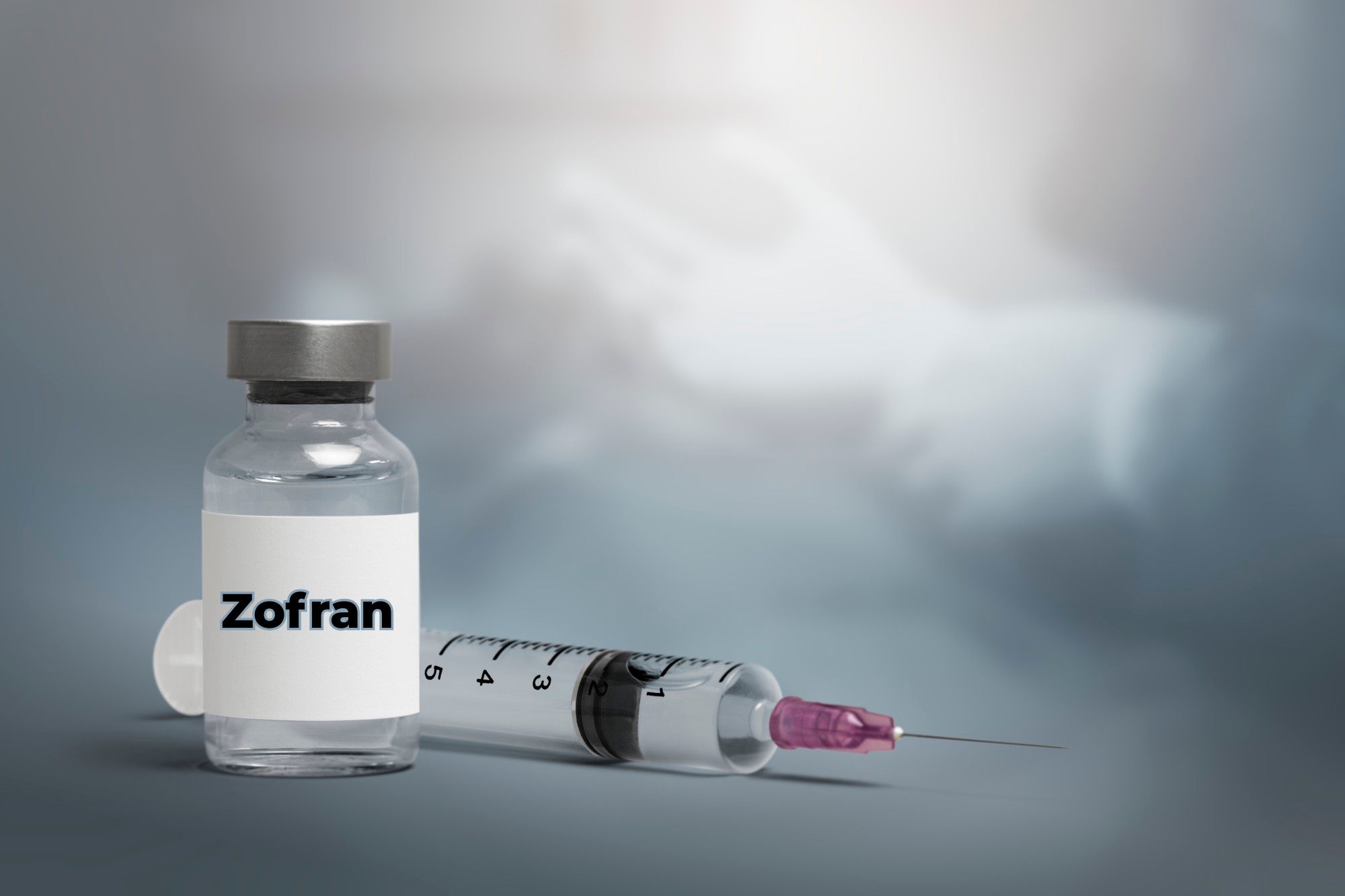It is observed that even after Propecia is discontinued, the complications do not recover.
Finasteride, the oral tablet which is present under the brand name Propecia is also a generic drug that works by reducing the amount of dihydrotestosterone (DHT) present in the body. DHT is generally the reason for the larger growth of the prostate. The reduction in DHT can prevent larger prostate, simultaneously it can stimulate hair growth and increase the hair volume on the scalp. It must also be noted that Propecia will not have any effect on the growth of the other part of the body.
Propecia usually comes along with side effects like low sex drive, erectile dysfunction, an increase in breast size, and skin rash. If the side effects are mild, then it is not a matter of big concern, as it might disappear in few weeks. However, if the consequences are severe, then it is better to consult with the doctor for the continuation of Propecia. The symptoms of serious side effects include swelling on lips, throat, or face, depression, nipple discharge, and pain in the breast area. Propecia might easily interact with other medicines which can affect this drug's functioning or could lead to side effects. Therefore, patients before getting prescribed this drug should tell their doctors about other medications or vitamin tablets they are already taking.
Propecia generally comes in 1 mg tablet which has to be taken at least once a day continuously for three months to get the benefit. Withdrawal of medicine in between can lead to reversal effects within 12 months. Finasteride is not ideal for women, especially when they are pregnant they shouldn't handle the crushed Propecia tablets. Older men suffering from benign prostatic hyperplasia (BPH) should stay away from this tablet. Propecia is a 5a-reductase inhibitor, therefore men above the age of 55 taking this medication will have higher chances of developing the risk of prostate cancer.
Approximately 1000 men have filed a lawsuit against Merck & Co. Inc, the manufacturer of Propecia who failed to warn its consumers about the risk of development of long-term sexual dysfunction which continues even after the intake of the drug is stopped.
For almost a decade Merck & Co. Inc has claimed that the sexual dysfunction arising due to Propecia is only temporary and it goes away after the medication is stopped. Despite several men complaining about the sexual problem after intaking Propecia, the company has been publicizing this drug as safe and it does not cause erectile dysfunction or other problem for a long time.
It was only in the year 2012 when the U.S. FDA has stepped in regarding the safety usage of Propecia, the manufacturer started mentioning on their label that the drug might cause persistent ejaculation problems, libido, and orgasm disorder that continued even after it is stopped.
In April 2012, the Propecia lawsuits were consolidated by the U.S. Judicial Panel on Multidistrict Litigation into an MDL in the Eastern District of New York. This was done to make the proceeding easy and efficient as all allegations can be presented at one time in the same court. The claims by plaintiffs were common that Propecia led to persistent sexual problems.
Some of the Propecia lawsuits were also filed in New Jersey, where Merck is headquartered. Judge Jessica Mayer of Middlesex County was appointed to oversee the cases in March 2012. Some lawsuits were also filed in courts of Massachusetts and New York.
In April 2018, Merck agreed on a $4.3 million settlement to resolve 562 Propecia lawsuits. However, at that time there were already 1,040 active Propecia lawsuits. As of April 2019, ten Propecia lawsuits were pending in court. A point system was established to determine the amount of settlement each plaintiff would receive. This was purely based on the level of damage suffered by the use of Propecia.
Plaintiffs who had filed lawsuits against Merck also seek punitive damages. The loved ones of the patients who have died due to Propecia are eligible for the compensation of pain, suffering, and expenses like the funeral expense. Plaintiffs are also liable to get compensated for past and future medical expenses, home health care, lost income, and permanent disability.
As per plaintiffs Propecia manufacturer, Merck was well aware of the side effects of this drug, yet allegedly did not inform consumers or healthcare providers about it. In addition to this, the pharmaceutical company marketed the drug with a limited label warning till 2012 without giving a clear picture.
After receiving the approval of the FDA in the year 1997, the revised formulation of finasteride was promoted as Propecia that entered the market as a treatment for hair loss. At that time, manufacturer Merck & Co. in its report stated that it had invested approximately $450 million in research to develop the new application of finasteride. Merck stated that their investment justifies the need to charge thrice the price for what it was getting for Proscar, which is the superior version dose of finasteride used to treat enlarged prostates.
In 1988, almost a decade prior to the FDA approval of Propecia, Rogaine (minoxidil) was given the approval to treat baldness in men. This drug became available to women in 1991 and started being sold over the counter for men in 1998.
The dearth of baldness treatments approved by the FDA is not for lack of trying. Since the past many years, both con artists and legitimate researchers have looked for and sold a variety of baldness products which include blood treatments and wax injections to electricity and surgery. Snake-oil baldness treatments were commonly used in the United States until 1938 when the industry came under the regulation of the FDA.
It’s difficult to wonder how the demand for hair loss treatments is so high. Male-pattern baldness has affected 50 million-plus men in the United States alone, making them an attractive segment of the market for Propecia manufacturers. The hair growth industry makes around $3.6 billion in sales annually.
In 2014, 1.2 million finasteride were prescribed for hair loss, while 8.2 million were for prostate issues. In 2011, Propecia made revenue of around $400 million yearly for its maker, Merck.
For more than a decade, Merck & Co. Inc. maintained that any sexual dysfunctions associated with Propecia were rare and that the problems typically went away after men stopped taking the drug. Even after scores of men reported experiencing persistent sexual side effects following Propecia use, the manufacturer continued to publicize information in the U.S. that suggested side effects were temporary.
Meanwhile, regulators in Sweden had started investigating claims of sexual dysfunction from Propecia as far back as 2006. And in 2008, Merck added warnings to Swedish labels about persistent erectile dysfunction after discontinuing use. Still, it wasn’t until April 2012 — when the U.S. Food and Drug Administration (FDA) stepped in — that Merck updated Propecia labels in the U.S. to include warnings about “libido disorders, ejaculation disorders and orgasm disorders that continued after discontinuation of the drug.”
By the time the FDA made Merck take action in the U.S., many men had already filed lawsuits across the country alleging injuries caused by Propecia. In April 2012, the U.S. Judicial Panel on Multidistrict Litigation consolidated federal Propecia lawsuits into a multidistrict litigation (MDL) in the Eastern District of New York.
MDLs are intended to make proceedings more efficient by centralizing federal lawsuits that have the same allegations into one court. All of the Propecia lawsuits make similar claims that Merck failed to adequately warn of the potential for Propecia to cause persistent sexual problems that continue after discontinuation of treatment.
In April 2018, Merck agreed to pay nearly $4.3 million to settle 562 Propecia lawsuits. At the time of the settlement announcement, there were more than 1,040 active Propecia lawsuits. These included cases in the MDL and those state courts. Most of the state cases were in New Jersey. As of April 2019, there were 10 lawsuits still pending in the federal MDL.
The settlement would only be paid if all the plaintiffs named agreed to go along with it. It used a point system to determine exactly how much each plaintiff would receive. Points would be based on the type and severity of injury each plaintiff suffered. Points could be combined if a plaintiff suffered multiple injuries. Some injuries received no points but were given flat fees. The settlement categorized five levels of injuries and set minimum settlement amounts for each.
According to legal complaints, sexual dysfunction is associated with finasteride (the active ingredient in Propecia) as much as 39 percent of the time. Plaintiffs also point to 2003 data showing that sexual dysfunction is resolved in only 50 percent of patients who discontinue Propecia use.
People who have filed lawsuits allege that the drug is a “defective” and “unreasonably dangerous drug.” They allege that, “when taken as prescribed and intended, |LS|Propecia|RS| causes and contributes to an increased risk of persistent and/or permanent serious and dangerous side effects.”
Serious Alleged Injuries May Include:
- High-Grade Prostate Cancer
- Erectile Dysfunction
- Ejaculation Disorder
- Reduced Sexual Sensation
- Diminished Or Reduced Libido
- Infertility
- Genital Shrinkage
- Cognitive Impairment
- Depression
FDA Safety Warnings:
In June 2011, it was evidenced that Propecia increases the risk of prostate cancer, the FDA announced new labeling requirements.
There was another change announced for Propecia in April 2012, which suggested that label should include warnings about libido disorders, ejaculation disorders, and orgasm disorders that continued after discontinuation of the drug.
Legal Updates:
Many sexual dysfunction cases against Propecia were pending, which were centralized to Eastern District Court of New York on April 16, 2012. These cases were consolidated into MDL 2331, a multidistrict litigation led by U.S. District Judge John Gleeson, which has grown to more than 1,000 lawsuits.
In October 2016, a judge selected four bellwether cases. A huge number of cases are pending in New Jersey state courts. The first bellwether was scheduled to go to trial in September 2017.
In addition to the MDL lawsuits, there are about 300 Propecia erectile dysfunction lawsuits filed in the state courts across the country.
News
April 5, 2019: Iowa Man Awarded $12.25M For Wrong Cancer Diagnosis
A Polk County jury awarded more than $12 million to a Panora man who underwent surgery after a medical center wrongfully diagnosed that he had cancer and removed his prostate.
Iowa clinic admitted a pathologist who mixed up tissue samples for a patient who had prostate cancer and for the plaintiff who did not have cancer. In a deposition filed in July 2018, the clinic's anatomical laboratory director stated while examining two separate prostate files that she mistakenly scanned the plaintiff's file as the cancerous file.
According to the court records, the Iowa Clinic urologist performed a blood test on the plaintiff and suggested he might have cancer. He submitted the plaintiff's reports to a doctor in the pathology department. Based on the incorrect diagnosis, the urologist informed the plaintiff that he had prostate cancer and the gland must be removed as soon as possible. On April 3, 2017, the urologist removed the plaintiff's prostate at Iowa Methodist Medical Center. The surgery caused damages to his nearby nerves and left him impotent and incontinent.
Plaintiff and his wife initially asked for $15 million in compensatory damages from the clinic and the pathologist. The jury awarded $12.25 million after the plaintiff's lawyer told the jury that the surgery had cost the plaintiff his manhood.
Propecia (finasteride 5mg) manufactured by Merck & Co. and approved by the U.S. Food and Drug Administration (FDA) in 1992 is used for the treatment of bothersome symptoms in men with benign prostatic hyperplasia (also referred to as BPH or enlarged prostate).
Evidence:
- Usage In Pharmacy Records
- Indication Of Usage In Medical Records
- Complication And Treatment After Usage
- Persistent Sexual Dysfunction
Medical Record Review and claim validation of Propecia case should take approximately 3 hours in most instances; however, this approximation may vary in cases based on the volume of records.




